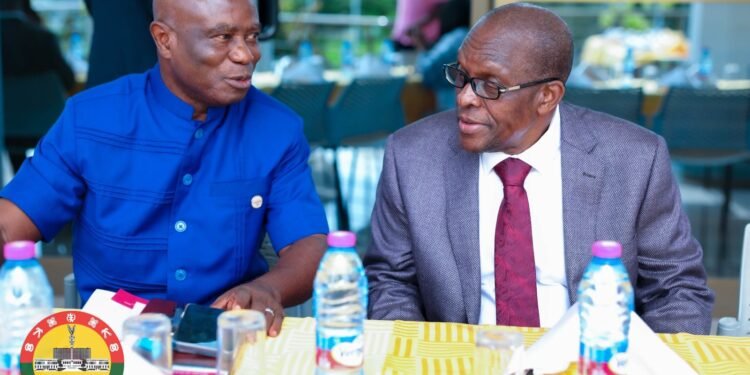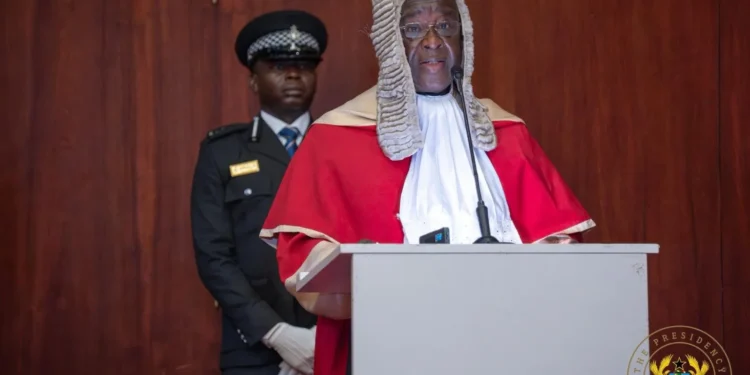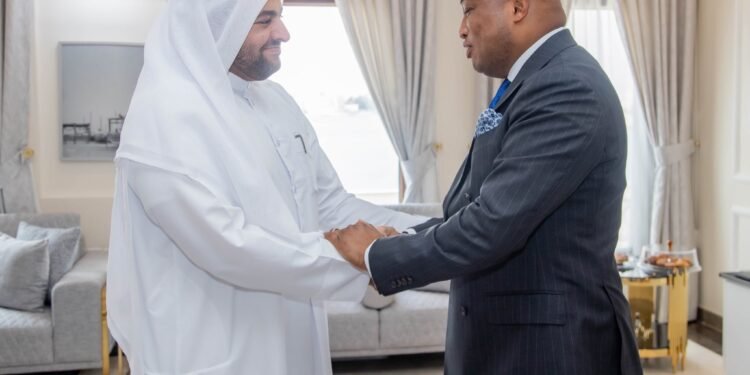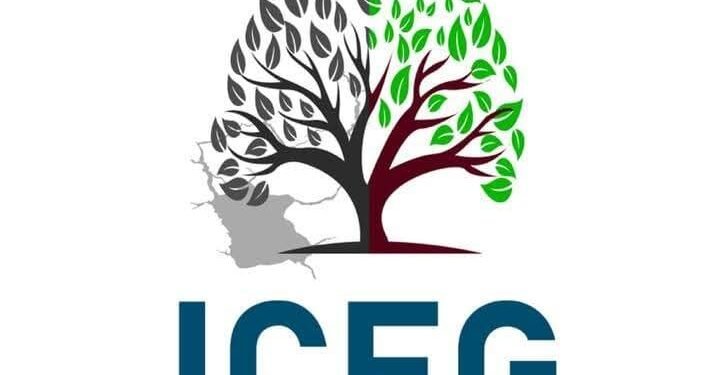The Abossey Okai Spare Parts Dealers Association has called on government to review the extension of the 2 percent Special Import Levy. This comes as the finance ministry prepares to present the 2020 mid-year budget review.
In an interview, the Co-chairman for the association, Clement Boateng was of the opinion that the levy has served its purposed and must therefore be abrogated. Per the dictates of the levy, some selected imported good are predisposed to enjoy its benefits up until 2024.
He said, “we have always raised the issue regarding the two percent levy. It is about time they take it off because when they introduced it, they told us that it will be abolished after a certain amount has been realized. We think it is about time because that amount has already been realized”.
Clement Boateng
In 2017, the President Akufo-Addo’s administration through an Act of Parliament abolished the 1% special import levy but maintained the 2 percent special import levy.
The special import levy which was introduced by the past National Democratic Congress (NDC) government, received huge backlash from importers who described it as a nuisance tax that added to their cost of operations.

Prior to the budget presentation in 2017, businesses expected both the one and two percent levies to be scrapped, complaining that it increased their cost of operations.
Meanwhile, the Peasant Farmers Association of Ghana (PFAG) and SEND GHANA have called on the government to scale up agriculture spending and prioritize the sector to save livelihoods, as it prepares its mid-year budget review and supplementary estimates for 2020.
Speaking on agriculture sector led-economy recovery at a public forum, Professor Godfred Bokpin, an Economist, said, the food index in Ghana has surged since the country reported its first case of Coronavirus disease and the fear of COVID-19 is collapsing economies.
According to him, more than 70 per cent of local food consumption is produced and supplied by smallholder farmers, adding that, majority of Ghanaians derive their livelihoods from agriculture. Bokpin argues that scaling up agriculture spending in the mid-year budget, not as a favor but as a necessity will help sustain the economy of Ghana and protect livelihoods.
Mid-Year Budget Review
The Finance Minister, Ken Ofori-Atta is expected to present the mid-year budget review and supplementary estimates later this month.
On June 18, 2020, the Majority Leader, Osei Kyei Mensah Bonsu said the Finance Minister will use the opportunity to explain how government intends to replace money up front it took from the Contingency Fund due to the Covid-19 pandemic which has had dire effects on the economy.
Parliament granted the request by government to withdraw an amount of ₵1.2 billion, an equivalent of $219 million from the Fund to finance the Coronavirus Alleviation Programme, (CAP).

The objective of the CAP is to mitigate the disruption to economic activities and the hardship imposed on the people of Ghana by the coronavirus and to rescue and revitalize industries that have fallen prey to the pandemic.
Government also received $1 billion rapid credit facility from the International Monetary Fund (IMF), part of which is being used to provide electricity relief package for Ghanaians.
The rest will go into supporting the 2020 budget.
Addressing the press, Mr Mensah Bonsu indicated that the Finance Minister will also use the opportunity to explain how the government intends to pay back the ₵10 billion it borrowed from the Bank of Ghana (BoG) to help deal with the impact of the Covid-19 pandemic.























